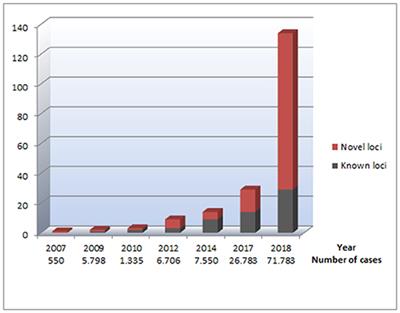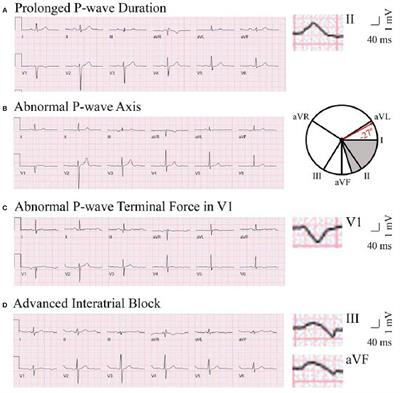ORIGINAL RESEARCH
Published on 30 Oct 2019
Geriatric Conditions and Prescription of Vitamin K Antagonists vs. Direct Oral Anticoagulants Among Older Patients With Atrial Fibrillation: SAGE-AF

doi 10.3389/fcvm.2019.00155
- 2,714 views
- 9 citations
7,217
Total downloads
77k
Total views and downloads
ORIGINAL RESEARCH
Published on 30 Oct 2019

REVIEW
Published on 06 Sep 2019

OPINION
Published on 20 Jun 2019

MINI REVIEW
Published on 03 May 2019

REVIEW
Published on 12 Mar 2019
